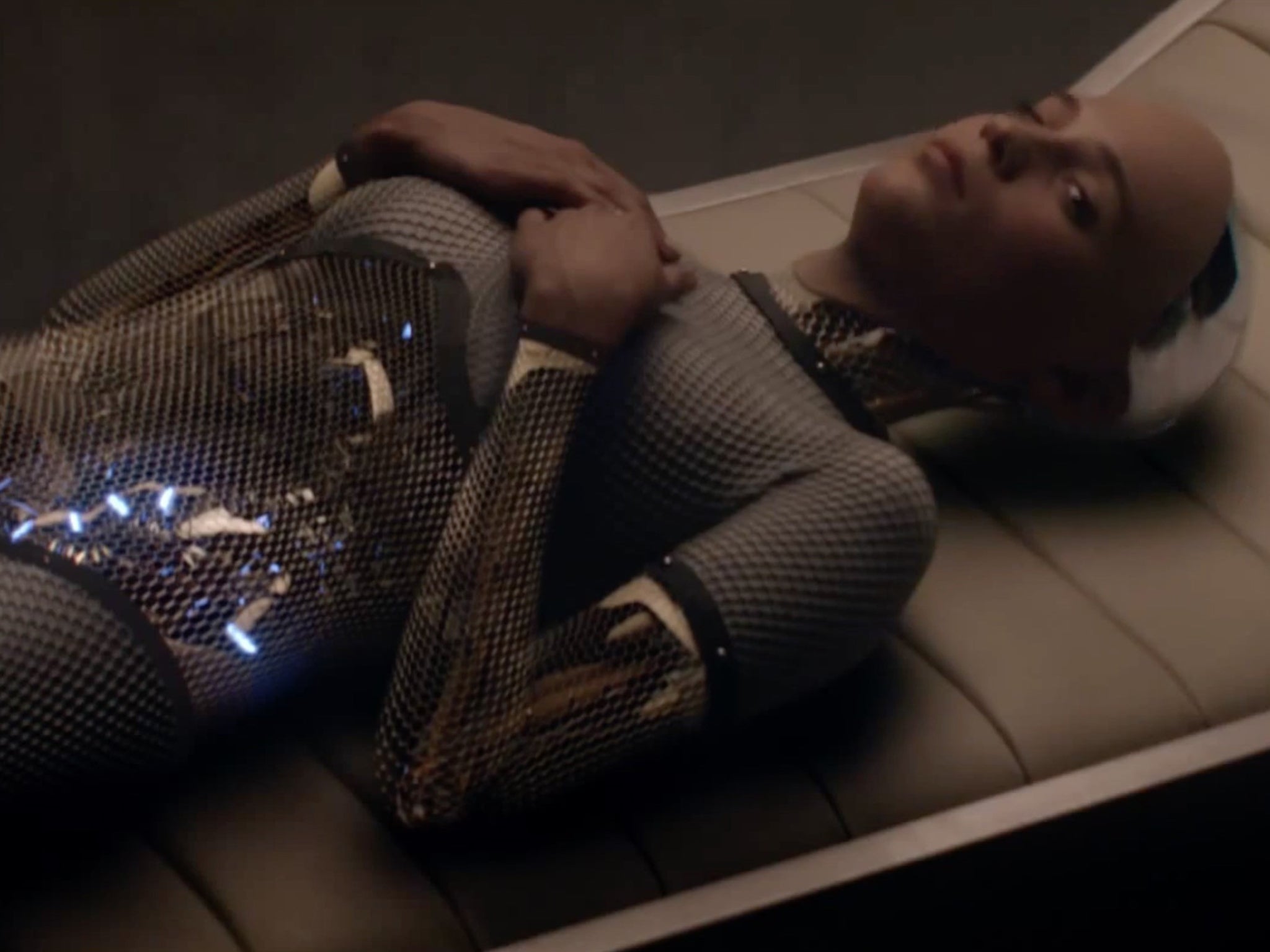The Independent's journalism is supported by our readers. When you purchase through links on our site, we may earn commission.
Artificial intelligence could kill us because we're stupid, not because it's evil, says expert
Building artificial intelligence in humanity’s image will make it dangerous, says leading theorist

Artificial intelligence will be a threat because we are stupid, not because it is clever and evil, according to experts.
We could put ourselves in danger by creating artificial intelligence that looks too much like ourselves, a leading theorist has warned. “If we look for A.I. in the wrong ways, it may emerge in forms that are needlessly difficult to recognize, amplifying its risks and retarding its benefits,” writes theorist Benjamin H Bratton in the New York Times.
The warning comes partly in response to similar worries voiced by leading technologists and scientists including Elon Musk and Stephen Hawking. They and hundreds of other experts signed a letter last month calling for research to combat the dangers of artificial intelligence.
But many of those worries seem to come from thinking that robots will care deeply about humanity, for better or worse. We should abandon that idea, Bratton proposes.
“Perhaps what we really fear, even more than a Big Machine that wants to kill us, is one that sees us as irrelevant,” he writes. “Worse than being seen as an enemy is not being seen at all.”
In pictures: Artificial intelligence through history
Show all 7Instead we should start thinking about artificial intelligence as something more than the image of human intelligence. Tests like that proposed by Alan Turing, which challenges artificial intelligence to pass as a human, reflect the fact that our thinking about what kinds of intelligence there might be is limited, according to Bratton.
“That we would wish to define the very existence of A.I. in relation to its ability to mimic how humans think that humans think will be looked back upon as a weird sort of speciesism,” he writes. “The legacy of that conceit helped to steer some older A.I. research down disappointingly fruitless paths, hoping to recreate human minds from available parts. It just doesn’t work that way.”
Other experts in artificial intelligence have pointed out that we don’t tend to build other technology to mimic biology. Planes, for instance, aren’t designed to mimic the flight of birds, and it could be a mistake to do the same with humanity.
Retaining our idea that intelligence only exists as it does in humans could also mean that we force robots to “pass” as a person in a way that Bratton likens to being “in drag as a human”.
“We would do better to presume that in our universe, ‘thinking’ is much more diverse, even alien, than our own particular case,” he writes. “The real philosophical lessons of A.I. will have less to do with humans teaching machines how to think than with machines teaching humans a fuller and truer range of what thinking can be (and for that matter, what being human can be).”
Subscribe to Independent Premium to bookmark this article
Want to bookmark your favourite articles and stories to read or reference later? Start your Independent Premium subscription today.

Join our commenting forum
Join thought-provoking conversations, follow other Independent readers and see their replies